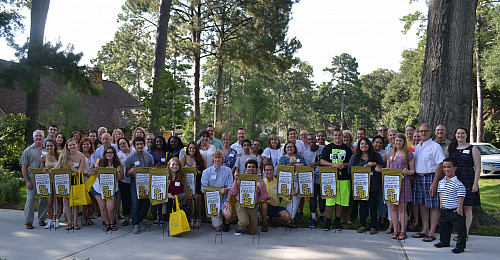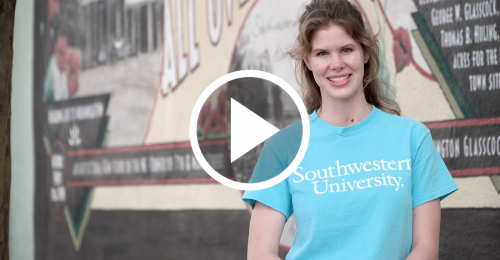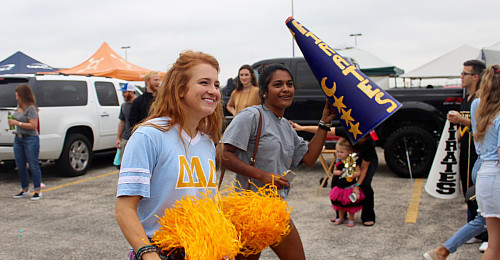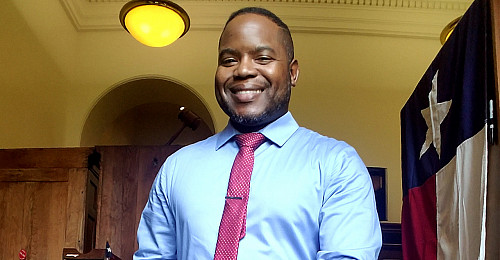Book:
Disrespectful Democracy: The Psychology of Political Incivility, available from Columbia University Press.
Peer-Reviewed Publications:
Santoro, Lauren Ratliff and Emily Sydnor (2023). “Blind Trust, Blind Skepticism: Liberals and Conservatives’ Response to Academic Research” American Politics Research, OnlineFirst.
Pears, Emily and Emily Sydnor (2022). “COVID-19 and the Culture of American Federalism” RSF: The Journal of the Russell Sage Foundation 8 (8): 181-220.
Sydnor, Emily, Emily Tesmer* and Breely Peterson*. (2022). “Confronting Politics: The Role of Conflict Orientation in Shaping Political Debate” Journal of Deliberative Democracy.
Pears, Emily, and Emily Sydnor. (2022). “The Correlates and Characteristics of State Identity” Publius: The Journal of Federalism 52(2): 173-200.
**Winner, John Kincaid Best Article Award from the Federalism and Intergovernmental Relations section of APSA (2023)
Sydnor, Emily, Margaret Commins and Veronica Reyna (2021). “Empowering and Engaging Students through Civically Engaged Research” PS: Political Science & Politics, 54(4): 730-733.
Sydnor, Emily. (2018). “Platforms for Incivility: Examining Perceptions Across Media” Political Communication 35 (1): 97-116.
Sydnor, Emily and Danielle Psimas.* (2017). “Easing Political Digestion: The Effects of News Curation on Citizens Behavior.” Journal of Information Technology & Politics 14(3): 189-213.
Sydnor, Emily and Nicole Pankiewicz. (2017). “Assessing Undergraduate Learning in Political Science: Development and Implementation of the PACKS Survey” PS: Political Science & Politics 50(1): 204-208.
Book Chapters
Sydnor, Emily. (2021). “Look for the Motives Behind (Un)civil Speech” in Fixing American Politics: Civic Priorities for the Media Age, Roderick P. Hart, ed. New York: Routledge.
Flores, Madison*, Megan Nair*, Meredith Rasmussen* and Emily Sydnor. (2021). “Civility through Comparative Lens: Challenges and Achievements” in Crossing Boundaries: Political Incivility in the Parliamentary, Electoral and Media Arena. Annemarie Walter, ed. New York: Routledge.
Sydnor, Emily (2019). “Signaling Incivility: The Role of Speaker, Substance and Tone” in A Crisis of Civility? Contemporary Research on Civility, Incivility and Political Discourse. Robert G. Boatright, Timothy J. Shaffer, Sarah Sobieraj, and Dannagal Goldthwaite Young, eds. New York: Routledge.
Book Reviews & Reports
Sydnor, Emily (2023). Review of What Goes Without Saying: Navigating Political Discussion in America. By Taylor N. Carlson and Jaime Settle. Public Opinion Quarterly.
Sydnor, Emily (2021). “With Laughter and a Little Follow-Through: Moving from Hobbyist to Activist” Journal of Politics.
Sydnor, Emily (2020). “Watching the ‘Partisan Circus:’ Civility in the Texas Senatorial Debates.” in Civility and the 2018 U.S. Senate Debates, Robert G. Boatright, ed. Tucson, AZ: National Institute for Civil Discourse.
Sydnor, Emily (2020). “From ‘Clown’ to ‘Community’: The Democratic Potential of Civility and Incivility” in U.S. Elections Analysis 2020: Media, Voters and the Campaign, Danielle Coombs, Dan Jackson, Darren Lilleker, Einar Thorsen and Filippo Trevisan, eds. Poole, England: The Centre for the Study of Journalism, Culture and Community.
Media and Other Publications:
“Does Incivility Hurt Democracy? Here’s What Political Science Can Tell Us.” Washington Post, June 27, 2018.

































